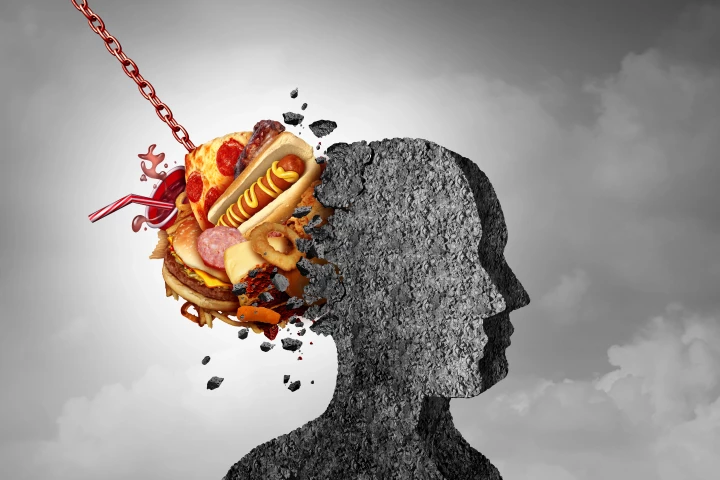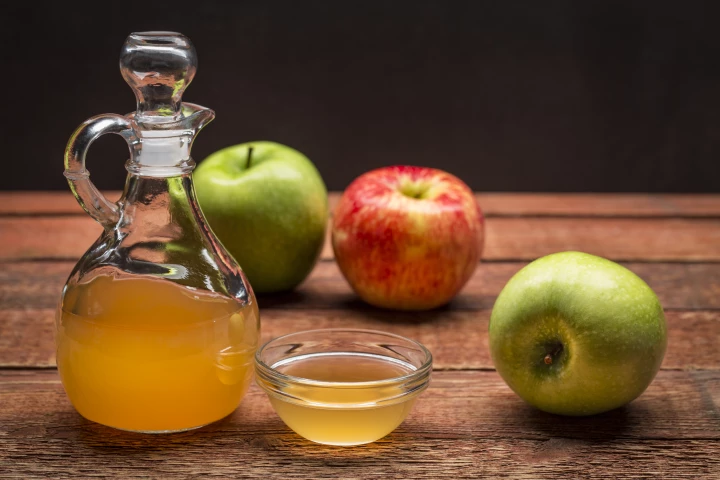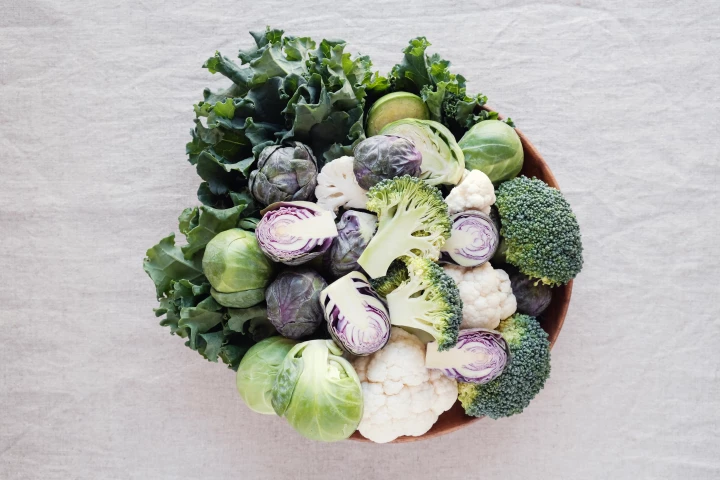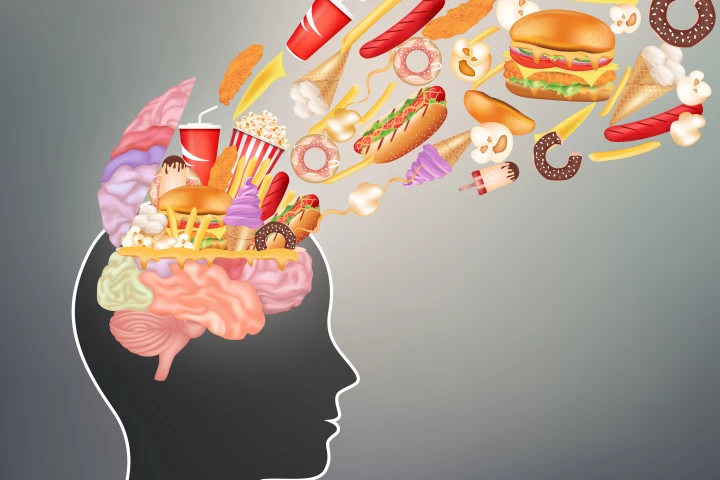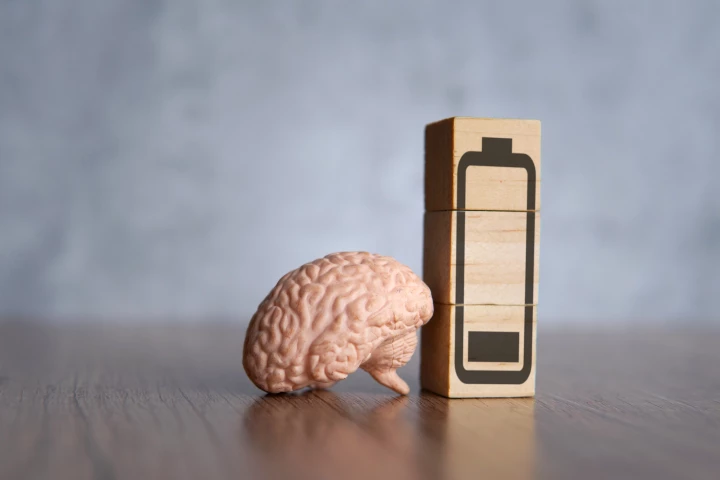Diet
-
In a groundbreaking study, a healthy fatty acid in olive oil has been found to "supercharge" immune cells that fight cancer. Meanwhile, another kind of natural fat undermines the health of the same cells, killing them off and triggering inflammation.
-
Psoriasis may not have a cure, but significant relief might be found at the dinner table. A clinical trial has shown that the Mediterranean diet could dramatically improve symptoms, quality of life and overall health of those with the condition.
-
We've known for some time that obesity affects the brain, but now scientists have found that it's where you carry it that matters most. Deep visceral fat around organs has the biggest impact on brain aging, affecting a suite of cognitive functions.
-
A headline-grabbing study on apple cider vinegar has been pulled from the record, striking a blow to the science and wellness worlds. The research, which claimed that the tonic triggered massive weight loss, was found to be riddled with errors.
-
There's new evidence that cruciferous vegetables blunt spikes in blood sugar levels, which could be particularly important for those with type 2 diabetes or are at risk of developing it. And you only need a handful a day to reap the health benefits.
-
While Ozempic and other drugs like it have proven effective in helping people lose weight, many gain it back when the injections stop. A new drug targets weight loss differently, leading to a more permanent fat-shedding solution.
-
It's common knowledge that avoiding too much sugar or acid-containing foods is a good way to keep your oral health on the right track. But a new study now reveals that a common well-regarded eating plan can also have a big positive impact.
-
Healthy eating doesn’t just shrink your waistline; it can ease chronic pain. A new study shows that better diet quality reduced pain severity and improved quality of life, independent of weight loss.
-
A weekend of burgers, fries and hot dogs will probably have you thinking more about your waistline than your brain, but a new study has found that just a few days eating high-fat foods is enough to rewire your memory hub. But the damage can be undone.
-
People who eat high ultra-processed diets have a specific elevated health marker that's a telltale sign of chronic inflammation – even without any symptoms. This inflammation is a slow burn, contributing to diseases likes heart conditions and diabetes.
-
Pregnant women who drink five or more diet beverages a week face up to an 88% higher risk of gestational diabetes, according to a major new study linking artificial sweeteners to pregnancy complications.
-
If you deal with waves of daytime drowsiness, you might be among the estimated 33% of the population suffering from excessive daytime sleepiness. In the largest study of its kind, scientists have uncovered the condition's unique biological fingerprint.
Load More


